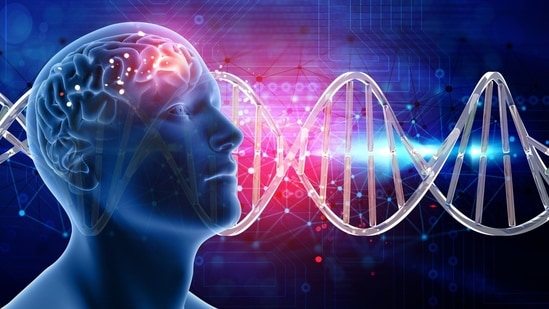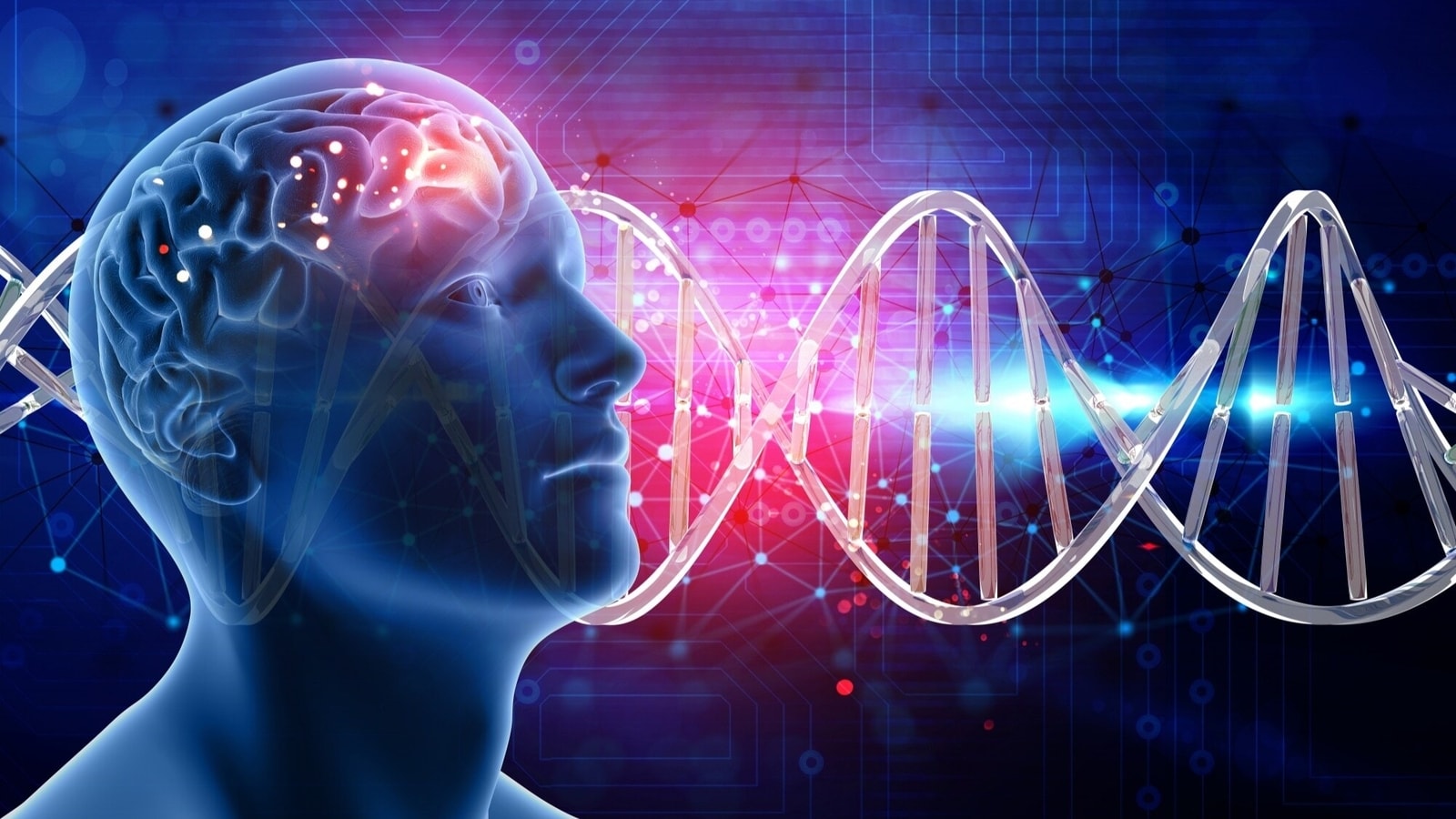Brain and heart often lock horns in daily life; figuratively, logic and emotion are always at odds. But in reality, your brain and heart are often in agreement with one another. These vital organs influence each other’s functions in more ways than you can think. HT Lifestyle reached out to a cardiologist and a neurologist to understand how these two vital organs work together in tandem.
 Brain influences your heart in more ways than one. (Picture credit: Freepik)
Brain influences your heart in more ways than one. (Picture credit: Freepik)
While the cardiologist called the relationship between the heart and brain ‘an inseparable pair,’ the neurologist agreed that these organs indeed have a complex bidirectional dynamic.
How does the heart impact brain?  If you suspect you’re having a heart attack, chewing a 325 mg aspirin can be a life-saving step. Here’s why.
If you suspect you’re having a heart attack, chewing a 325 mg aspirin can be a life-saving step. Here’s why.
Dr Haresh Mehta, consultant, cardiology at P.D. Hinduja Hospital and MRC, Khar, told HT Lifestyle that how the brain handles stress and emotions can strongly impact cardiovascular functions. “As a senior cardiologist, I often tell my patients that the heart and brain are an inseparable pair.” He shed light on a condition called broken heart syndrome, where intense emotional stress can temporarily weaken the heart muscle.
“Negative emotions like anger and sadness can be a ticking time bomb. Intense episodes of anger can cause a sudden surge in blood pressure and heart rate, sometimes leading to what’s known as ‘Broken Heart Syndrome’ (Takotsubo cardiomyopathy), a temporary weakening of the heart muscle. Chronic depression and anxiety are also independently linked to a higher risk of heart disease, as they can lead to poor lifestyle choices and persistent physiological stress,” Dr Mehta noted.
Moreover, he also warned that chronic stress triggers hormones like cortisol and adrenaline. Over time, when these are elevated, they raise blood pressure, strain blood vessels and cause arterial damage. Cortisol is also responsible for inflammation, which in turn leads to hardening of arteries, increasing risks of heart attacks and strokes. So your brain’s state influences cardiovascular health immensely.
How does brain impact heart health?
Dr Kaustubh Mahajan, consultant, neurology at P.D. Hinduja Hospital and MRC, Khar, revealed that the brain directly regulates heart health through the autonomic nervous system, which controls heart rate, blood pressure, and vascular tone. The neurologist also referred to Takotsubo cardiomyopathy, commonly known as Broken Heart Syndrome
“The autonomic nervous system is composed of the sympathetic and parasympathetic systems, which, in simple terms, regulate the fight or flight responses, where the heart plays an important role. Key brain regions such as the hypothalamus and prefrontal cortex exert this direct control; injury to any of those can disrupt heart function, even causing heart failure. There is a term called stress cardiopathy or taka tsubo cardiopathy, where severe brain injury can lead to heart failure,” Dr Mahajan explained.
Further, the neurologist stated that chronic brain conditions, such as depression and neurodegenerative disorders, can disrupt hormonal and inflammatory balance, which in turn negatively impacts cardiovascular health.
Note to readers: This article is for informational purposes only and not a substitute for professional medical advice. Always seek the advice of your doctor with any questions about a medical condition.
